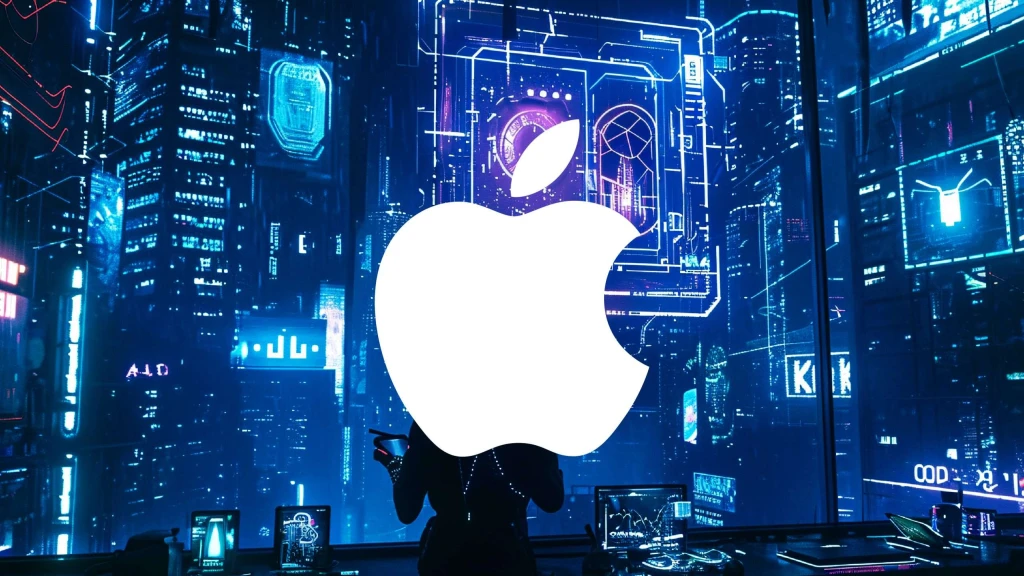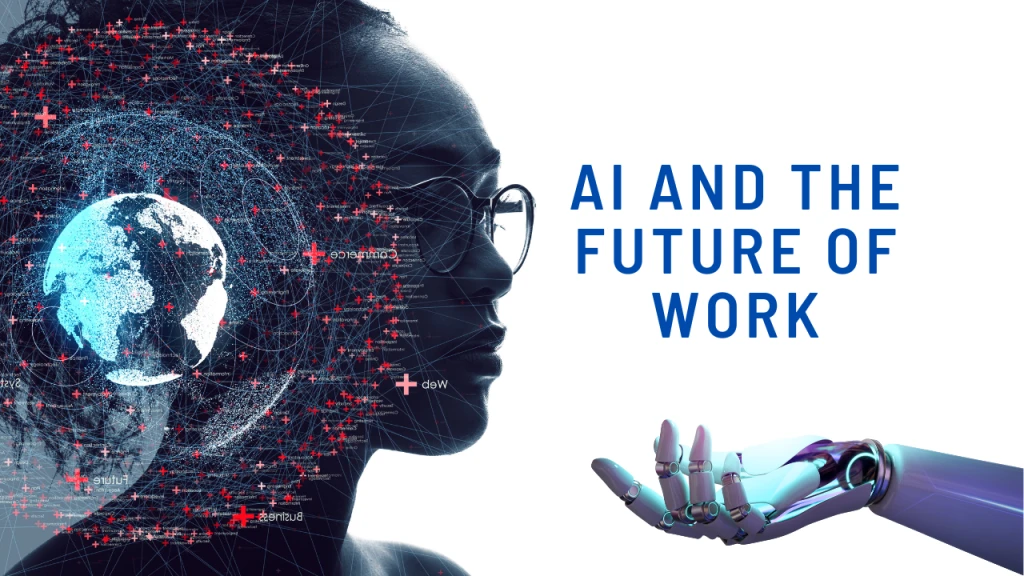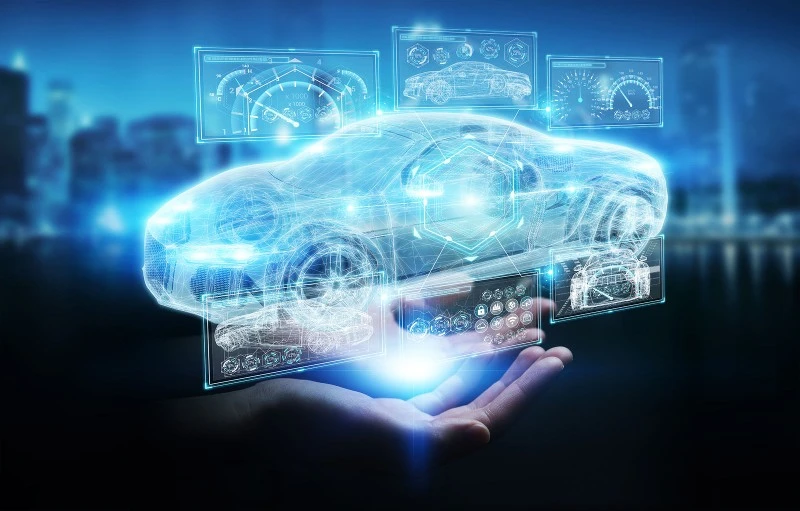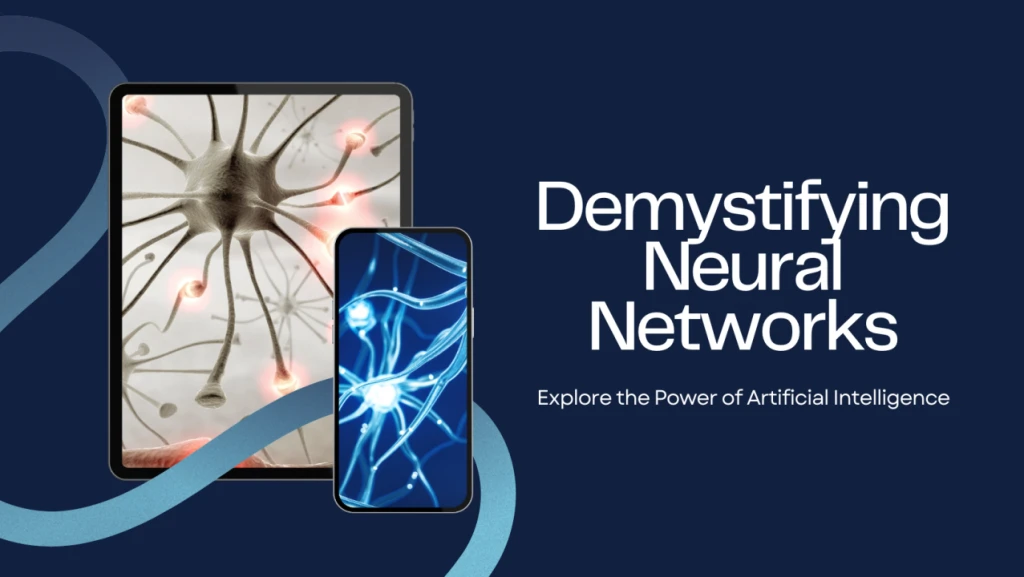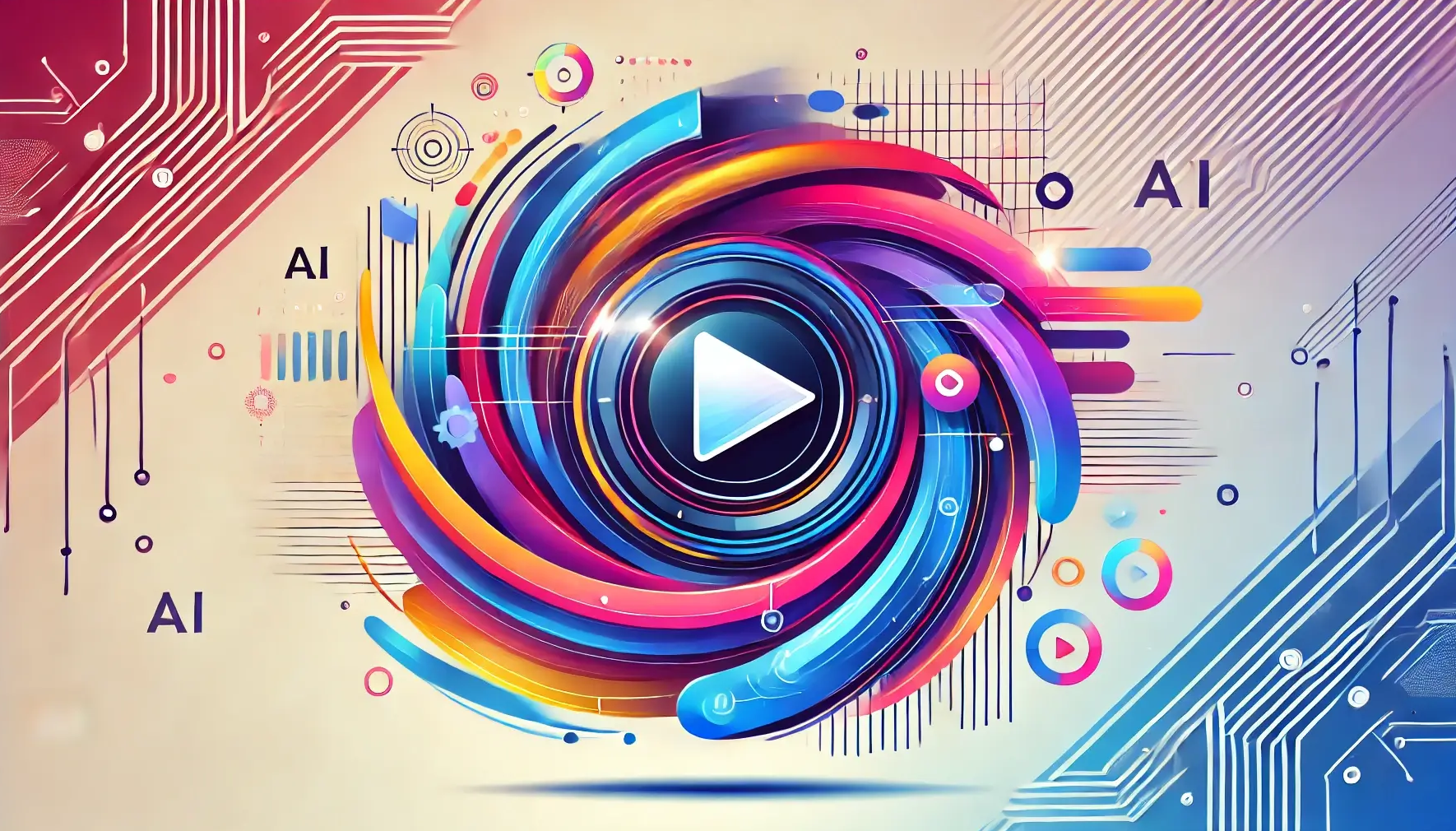Test AI on YOUR Website in 60 Seconds
See how our AI instantly analyzes your website and creates a personalized chatbot - without registration. Just enter your URL and watch it work!
1. Introduction: AI's Growing Role in Marketing
This guide explores how AI is shaping the future of marketing, the key benefits, and the strategies businesses need to succeed.
2. How AI is Revolutionizing Marketing
1. AI-Powered Personalization
AI analyzes customer behavior, preferences, and interactions to deliver tailored content.
Real-time customer data allows AI to adjust recommendations and offers.
2. Predictive Analytics and Customer Insights
AI identifies trends and patterns in customer data to anticipate future behavior.
Predictive analytics helps businesses optimize product recommendations and pricing.
3. Content Generation and Automation
AI creates content for social media, email marketing, and blogs.
Automates A/B testing to identify the most effective content.
4. Chatbots and Conversational AI
AI-powered chatbots provide instant customer support and personalized responses.
Improves customer engagement and reduces response times.
5. AI in Ad Targeting and Media Buying
AI analyzes customer behavior to target ads more effectively.
Automates ad placement and optimization across multiple platforms.
3. Benefits of AI Marketing in 2025
1. Enhanced Customer Experience
AI delivers highly personalized experiences based on real-time customer behavior.
Chatbots and AI-driven customer service provide instant support.
Dynamic content changes based on customer interaction.
2. Increased Efficiency and Cost Reduction
AI automates repetitive tasks like email campaigns, social media posts, and customer segmentation.
Reduces the need for manual data analysis and improves campaign accuracy.
3. Improved ROI and Conversion Rates
AI optimizes marketing spend by identifying high-performing campaigns.
Predictive analytics helps target high-value customers and reduce acquisition costs.
4. Better Customer Insights
AI identifies patterns in customer behavior to anticipate future needs.
AI provides insights to improve product development and customer engagement.
4. AI Marketing Strategies for 2025
1. Leverage AI for Data-Driven Decision Making
Use AI to analyze customer behavior and predict future trends.
Continuously refine marketing strategies based on AI insights.
2. Focus on Hyper-Personalization
Deliver targeted ads, product recommendations, and dynamic content based on AI insights.
Personalize customer experiences across multiple touchpoints.
3. Automate Marketing Processes
Automate email marketing, social media posting, and ad targeting with AI.
Use AI to identify and engage with high-value leads.
4. Integrate AI Across Marketing Channels
Ensure consistent messaging and personalization across social media, email, and web platforms.
Use AI to unify customer interactions and provide a seamless experience.
5. Combine AI with Human Creativity
AI can handle data analysis and automation, but human creativity is key for brand voice and storytelling.
Use AI to generate insights and creative teams to execute them.
5. Challenges of AI Marketing
1. Data Privacy and Regulation
AI requires access to large amounts of customer data.
Businesses must comply with data privacy laws like GDPR and CCPA.
2. Over-Reliance on AI
AI should enhance human decision-making, not replace it.
Businesses need to monitor AI outcomes and adjust strategies when necessary.
3. Bias and Ethical Concerns
AI models can inherit biases from training data.
Businesses must ensure AI is trained with diverse and representative data.
4. Complexity of AI Integration
Integrating AI with existing systems requires significant investment.
Businesses need to train teams to work effectively with AI tools.
Test AI on YOUR Website in 60 Seconds
See how our AI instantly analyzes your website and creates a personalized chatbot - without registration. Just enter your URL and watch it work!
6. Best Practices for Implementing AI in Marketing
1. Start with a Clear Strategy
Define specific goals and metrics for AI marketing campaigns.
Ensure alignment with broader business objectives.
2. Invest in High-Quality Data
AI is only as good as the data it’s trained on.
Collect and analyze high-quality customer data.
3. Test and Optimize Continuously
Use AI-driven A/B testing to improve performance.
Adjust strategies based on AI-generated insights.
4. Combine AI with Human Creativity
AI can generate insights, but human creativity shapes brand identity.
Use AI to enhance—not replace—human decision-making.
5. Prioritize Customer Privacy and Trust
Be transparent about data collection and AI use.
Protect customer data with strong encryption and privacy protocols.
7. The Future of AI Marketing
1. Real-Time Personalization
AI will deliver real-time, context-aware recommendations based on customer behavior.
Brands will use AI to create dynamic and interactive customer experiences.
2. AI-Generated Creative Content
AI will create more sophisticated visual and written content.
AI-generated content will adapt to audience preferences and engagement.
3. AI-Driven Customer Journeys
AI will automate customer journeys across multiple channels.
AI will predict customer intent and proactively offer solutions.
4. AI in Influencer and Social Media Marketing
AI will identify high-performing influencers and optimize influencer partnerships.
AI will analyze social media trends to create viral campaigns.
8. Conclusion: AI Marketing in 2025
Businesses that strategically implement AI marketing will unlock higher customer satisfaction, increased efficiency, and better return on investment—positioning themselves for long-term success.


